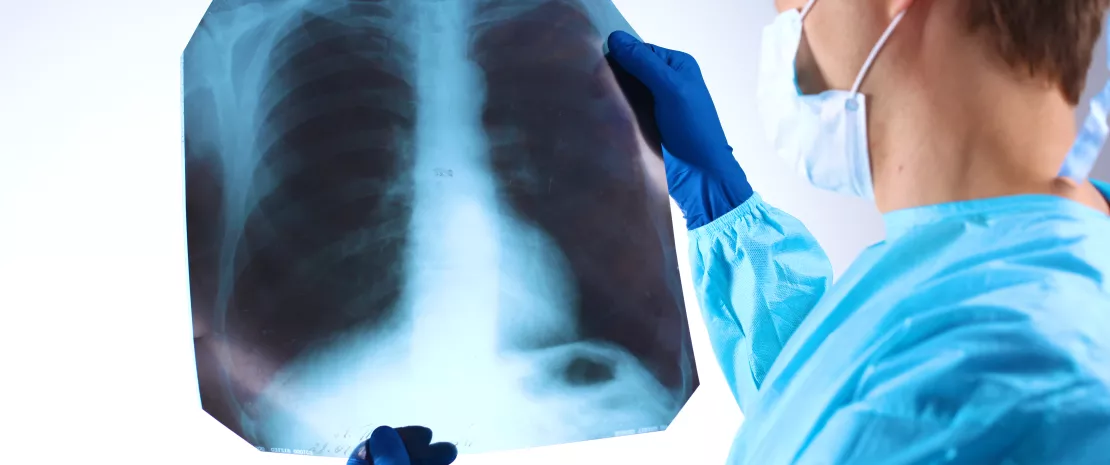An intestine-lung axis
Researchers recently rediscovered the critical role the intestinal microbiota plays in our defense mechanisms against infections. Changes in the composition of the intestinal microbiota (called dysbiosis) can affect our immune response and, as a result, can be involved in the onset of certain respiratory diseases like asthma, chronic obstructive pulmonary disease (COPD), and respiratory infections. Australian researchers have shed light on the connection between the microbiota and the “gut-lung” axis.
Focus on asthma and COPD
In the case of asthma, beyond revealing intestinal dysbiosis, a reduction of certain bacterial components in the stool (lipopolysaccharides) seems to be associated with a risk of developing symptoms. In COPD, it appears to be difficult to specify whether changes in the intestinal microbiota or the respiratory microbiota are the cause or the consequence of the disease. Nevertheless an undeniable "intestine-lung" link exists.
The protective effect of the intestinal microbiota
Lastly, for respiratory infections, the intestinal microbiota’s protective effect has largely been recognized: several studies have shown a link between imbalance in the microbiota, disruptions in immune defense mechanisms, and the development of bacterial or viral respiratory infections. Certain probiotic strains (particularly certain lactobacilli and certain bifidobacteria) have shown clinical usefulness in these circumstances. According to the authors, although additional studies are necessary to further understand the relationship between the intestinal microbiota and respiratory diseases, this result indicates the potential for the emergence of new therapeutic options.
To know more about Intestinal microbiota







